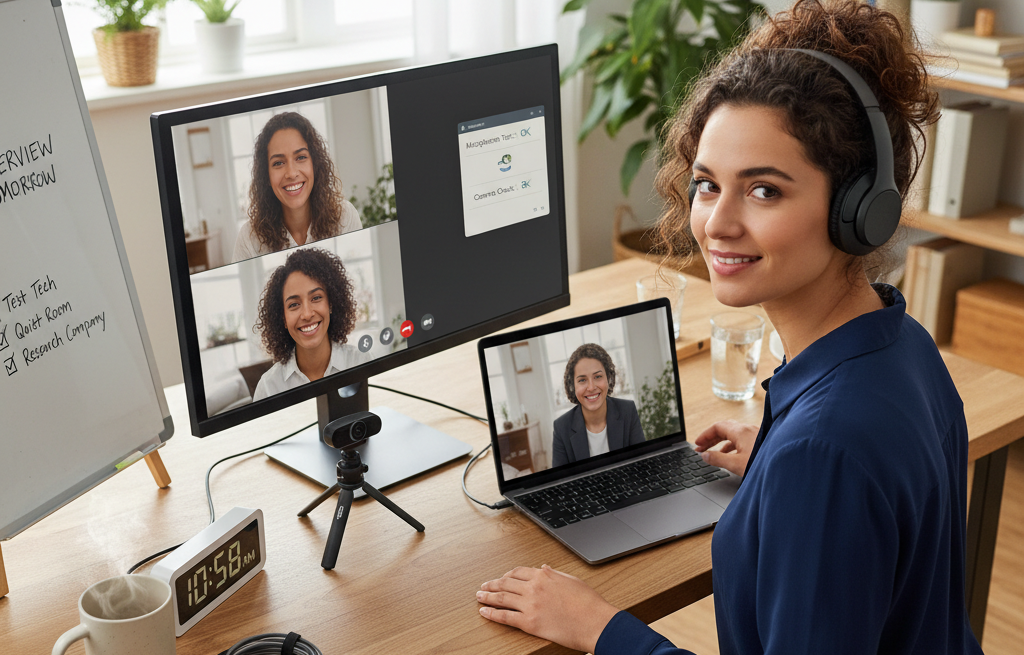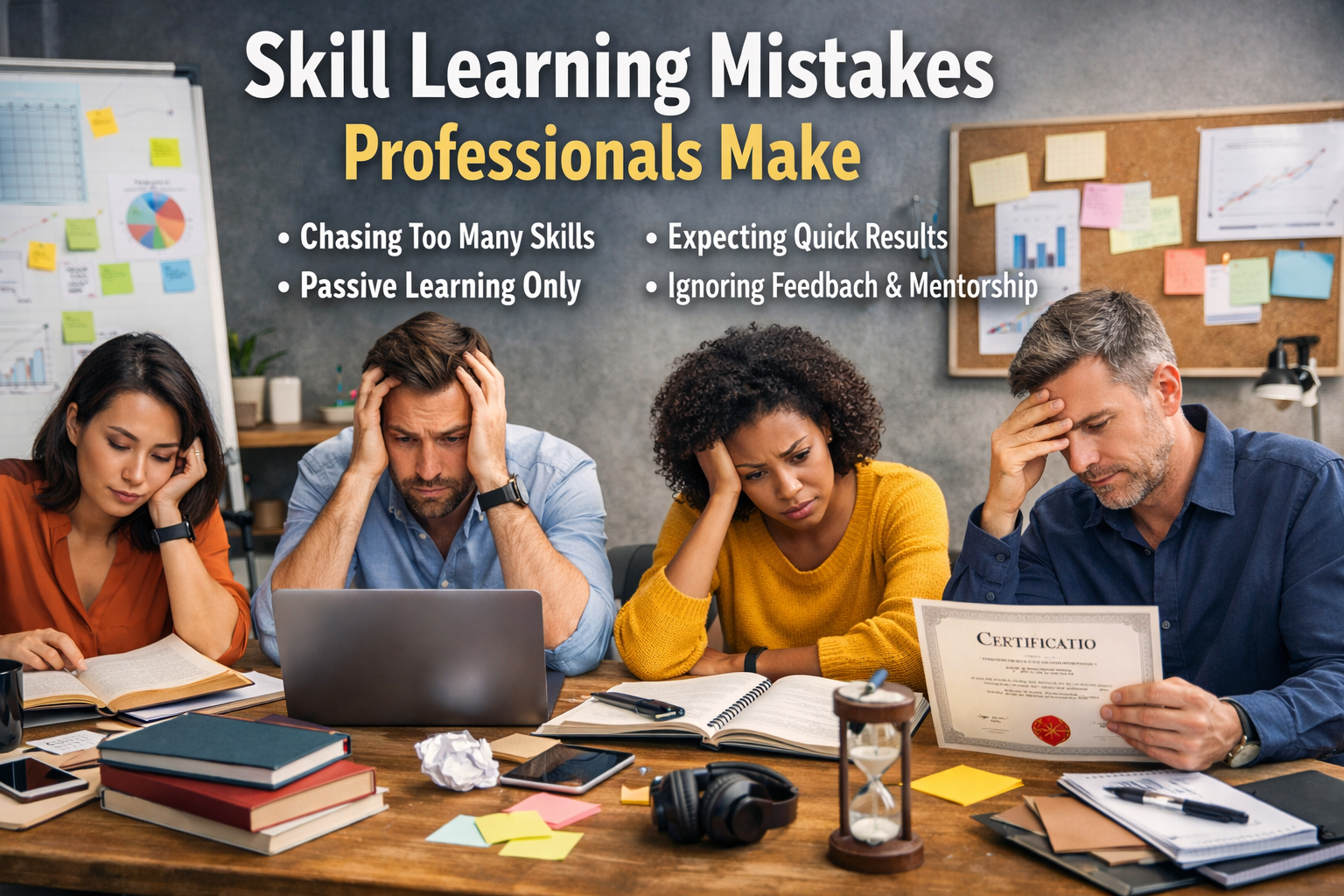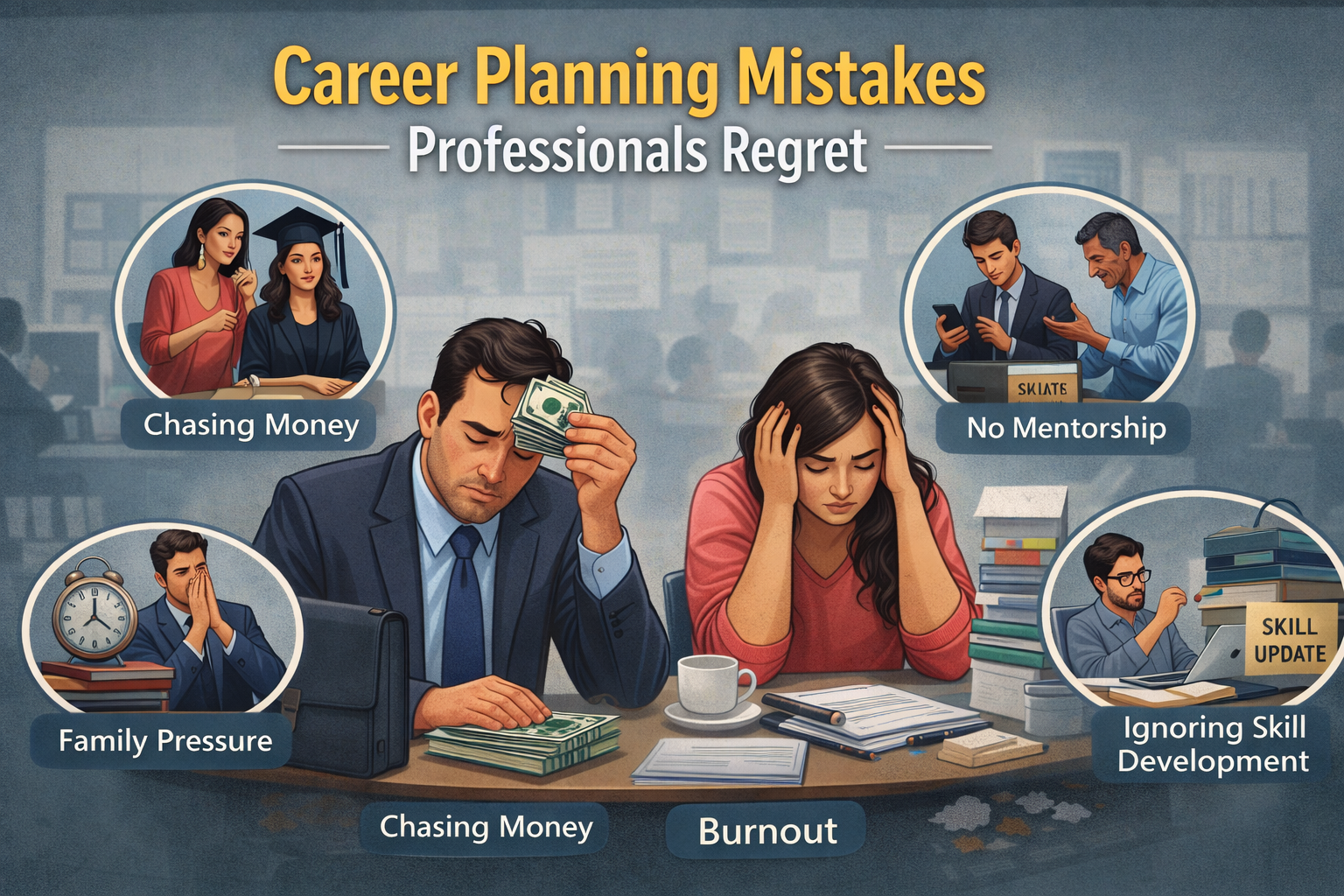Introduction
Remote work is no longer just a workplace trend; it’s a career path millions are pursuing worldwide. As companies continue shifting toward flexible setups, remote jobs are becoming highly competitive. While the idea of attending a work-from-home job interview might sound less stressful than walking into a corporate office, the truth is, it comes with its own challenges. From ensuring your tech works smoothly to demonstrating strong communication skills, preparing for a virtual interview requires more than just logging in on time.
In many ways, a remote job interview tests more than your qualifications. It’s also a chance for employers to see if you can thrive in a distributed team environment, remain productive without direct supervision, and bring professionalism into a digital setting. Preparing well can make the difference between a missed opportunity and landing your dream remote role.
This blog will walk you through practical steps to prepare for a work-from-home job interview. We’ll cover everything from setting up the right environment to mastering communication, showcasing digital skills, and leaving a lasting impression on interviewers. By the end, you’ll have a clear roadmap to boost your confidence and increase your chances of success.

Setting the Stage: Creating a Professional Interview Environment
Choosing the Right Space
Your interview environment is the first silent impression you give the recruiter. A messy background or distracting noise can instantly make you appear less prepared. Choose a quiet, well-lit space where you can focus without interruptions. If natural light isn’t an option, invest in a simple desk lamp to brighten your face on camera.
Managing Background Distractions
While some platforms offer virtual backgrounds, it’s best to avoid anything flashy or unrealistic. A neutral, uncluttered background signals professionalism and helps the interviewer focus on you, not your surroundings. If you share your living space, let others know about your interview schedule so they don’t accidentally interrupt.
Tech Check Before the Interview
Nothing kills momentum like a lagging internet connection or a microphone that doesn’t work. Test your equipment well before the interview. Ensure your laptop is fully charged, your internet is stable, and your camera and microphone are functioning clearly. Logging into the meeting platform ahead of time gives you peace of mind and avoids last-minute panic.
Mastering Your Communication Skills
Practicing Clear and Confident Speech
In a virtual interview, you can’t rely on body language as much as you would in person. That makes your tone, clarity, and choice of words even more critical. Practice speaking at a moderate pace, avoiding filler words like “um” and “you know.” Recording yourself can help you catch areas for improvement.
Listening Actively
Remote work depends heavily on strong listening skills. Show your attentiveness by nodding, maintaining eye contact with the camera, and pausing briefly before responding to ensure the interviewer is finished speaking. These small gestures reflect respect and professionalism.
Body Language in a Digital World
Even though you’re behind a screen, body language still matters. Sit upright, smile naturally, and avoid crossing your arms. Keeping your eyes on the camera instead of your own video feed helps create the feeling of direct engagement. This demonstrates confidence and makes your conversation more personal.
Highlighting Digital Readiness and Remote Skills
Showcasing Tech Savviness
Since you’re interviewing for a remote position, employers want to see that you’re comfortable with digital tools. Highlight your experience with platforms like Zoom, Slack, Microsoft Teams, or project management software such as Asana or Trello. Even mentioning basic troubleshooting skills can reassure the interviewer that you won’t face constant technical hurdles.
Emphasizing Time Management
Working remotely means managing your own schedule effectively. Share examples of how you’ve handled deadlines, balanced multiple tasks, or stayed organized in previous roles. Concrete stories carry more weight than generic statements like “I’m good at managing time.”
Collaboration Without an Office
One common concern among hiring managers is whether remote employees can collaborate as effectively as office-based ones. Use your interview to demonstrate your adaptability. Discuss past experiences where you contributed to team projects virtually or managed communication across time zones. This shows that you’re already capable of thriving in a remote-first culture.
Preparing for Common Work From Home Interview Questions
Questions About Remote Work Experience
Expect interviewers to ask how you’ve handled remote or hybrid work in the past. If this is your first remote job, don’t panic. Instead, highlight transferable skills such as independent problem-solving, self-motivation, and familiarity with digital tools. Mention any freelance projects, online collaborations, or virtual learning experiences that prove you can work effectively outside an office.
Behavioral and Scenario-Based Questions
Employers often use behavioral questions to assess how you’d respond to challenges in a remote setting. For example, you might be asked:
- “How do you handle distractions when working from home?”
- “Can you describe a time when you resolved a conflict virtually?”
Prepare answers using the STAR method (Situation, Task, Action, Result) to keep your responses structured and impactful.
Questions About Communication Preferences
Communication is the backbone of remote teams. Be prepared to answer how you prefer to collaborate, whether through email, instant messaging, or video calls. Show flexibility while also emphasizing your ability to adapt to the company’s existing systems.
Conclusion
A work-from-home job interview may not require commuting or a new suit, but it demands careful preparation to make you stand out. By creating a professional environment, mastering digital communication, showcasing remote readiness, and preparing for common interview questions, you signal that you’re not just applying for a job; you’re ready to succeed in a remote career.
Remember, employers are not only assessing your skills but also your ability to integrate into a distributed team. Every detail, from how you manage technology to how you communicate, gives them insight into how you’ll perform once hired.
Approach your interview with confidence, treat it as a two-way conversation, and let your preparation shine through. With the right mindset and strategy, you can turn a remote job interview into the gateway to long-term career growth.
Find Your Dream Job Today Explore Endless Career Opportunities and Secure Your Next Role with Best Job Tool







Leave a Reply